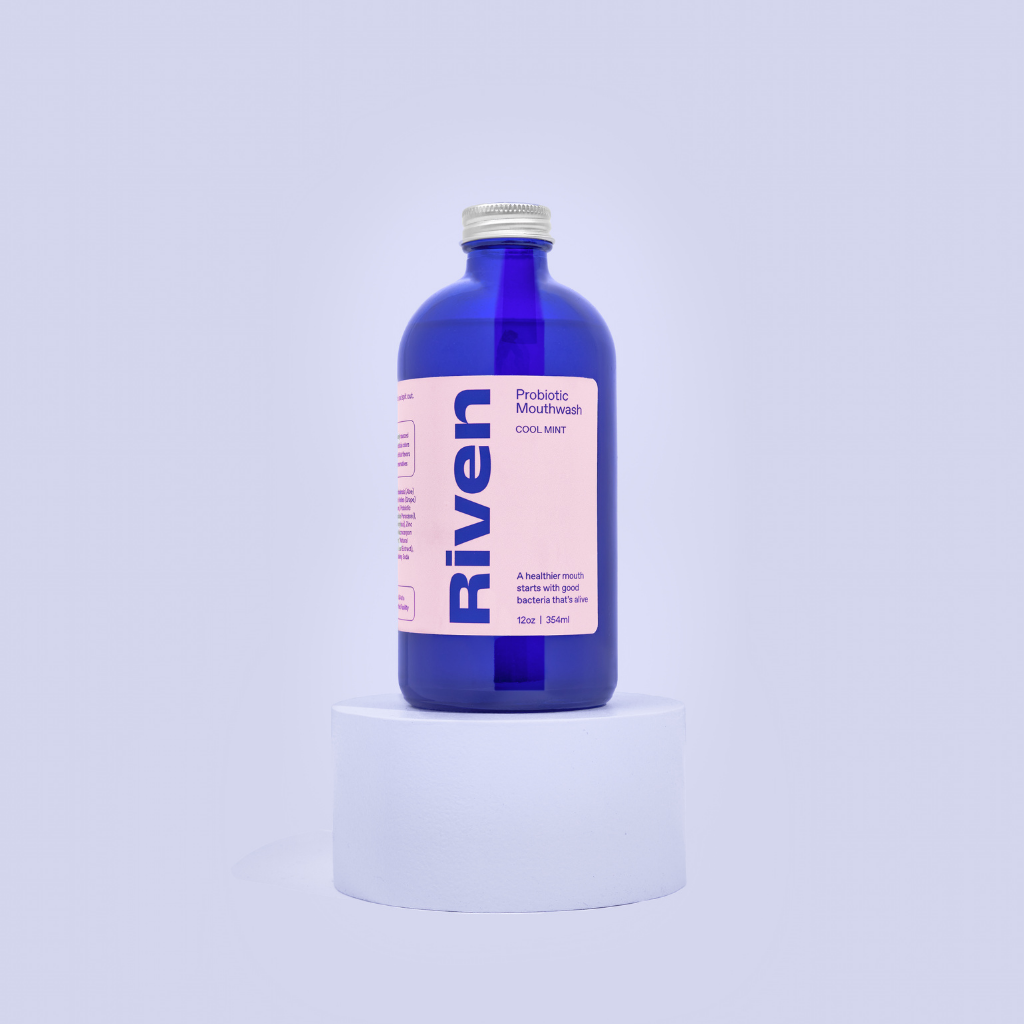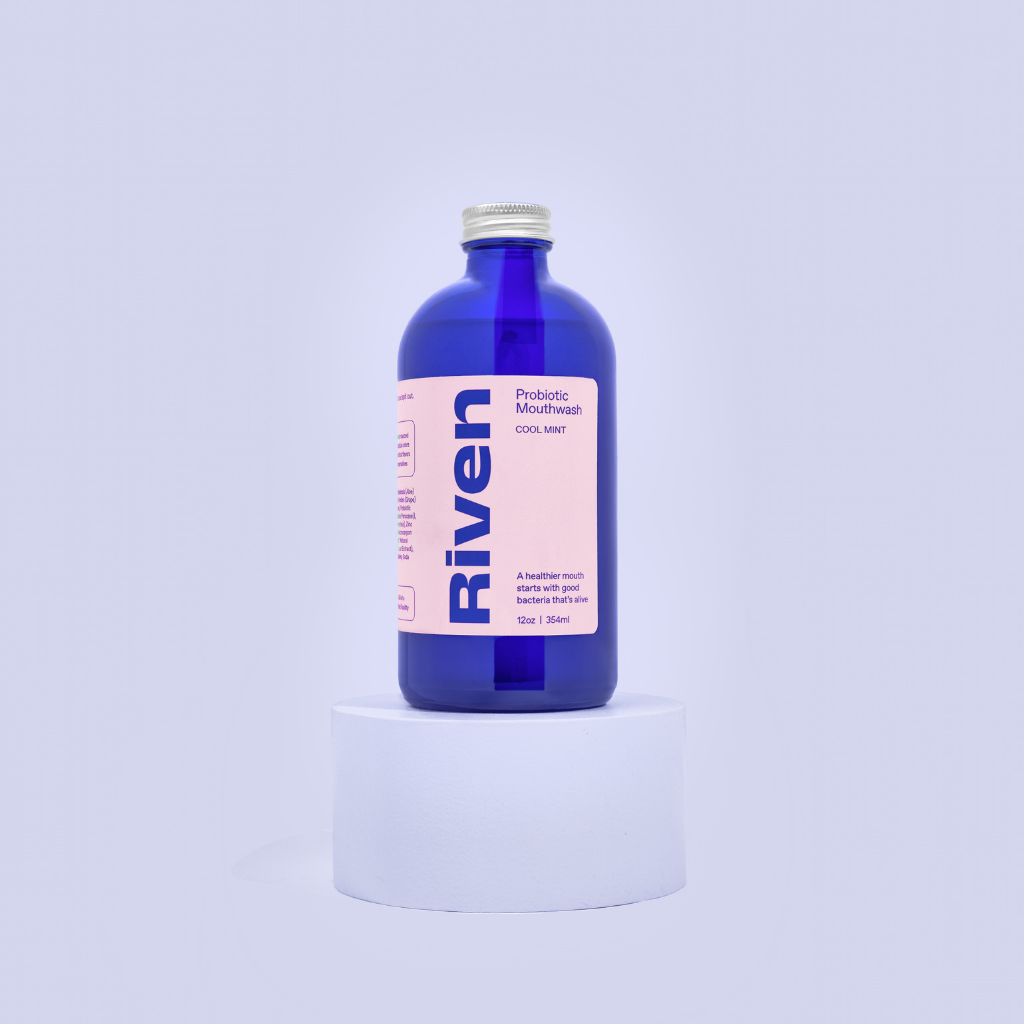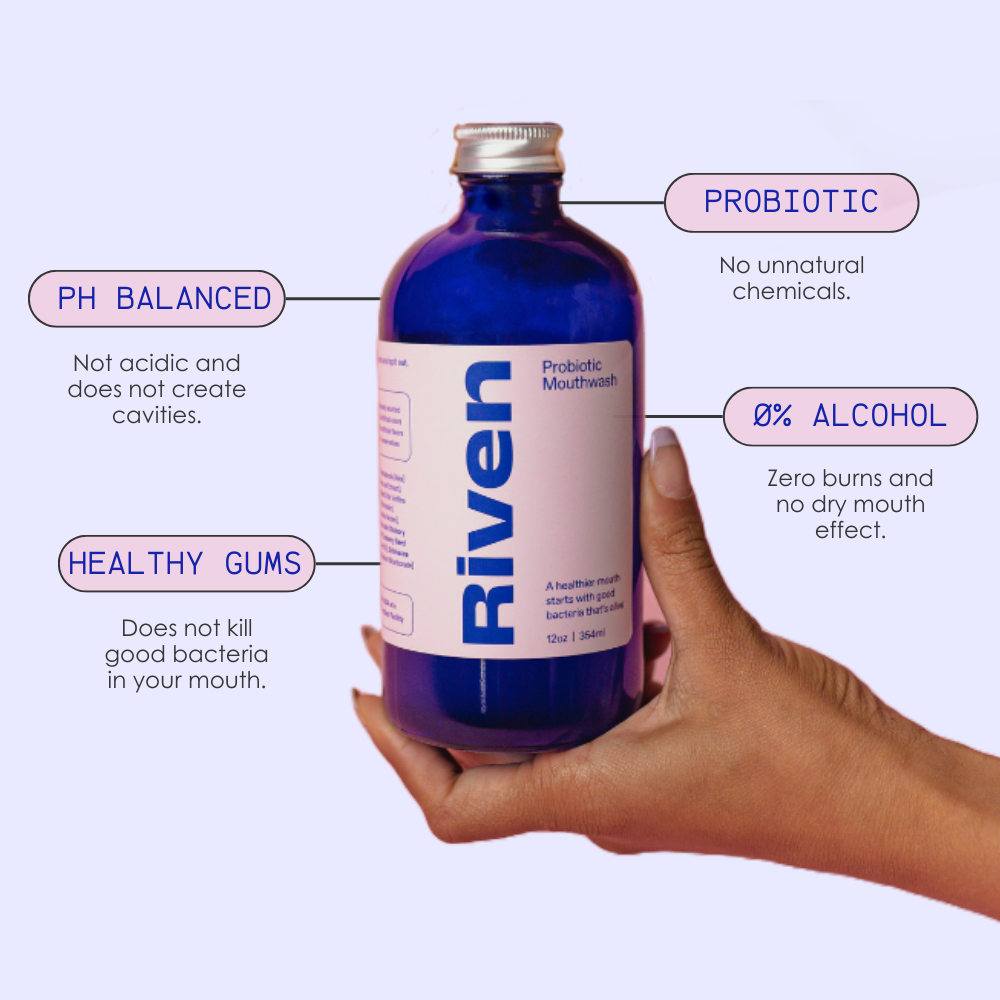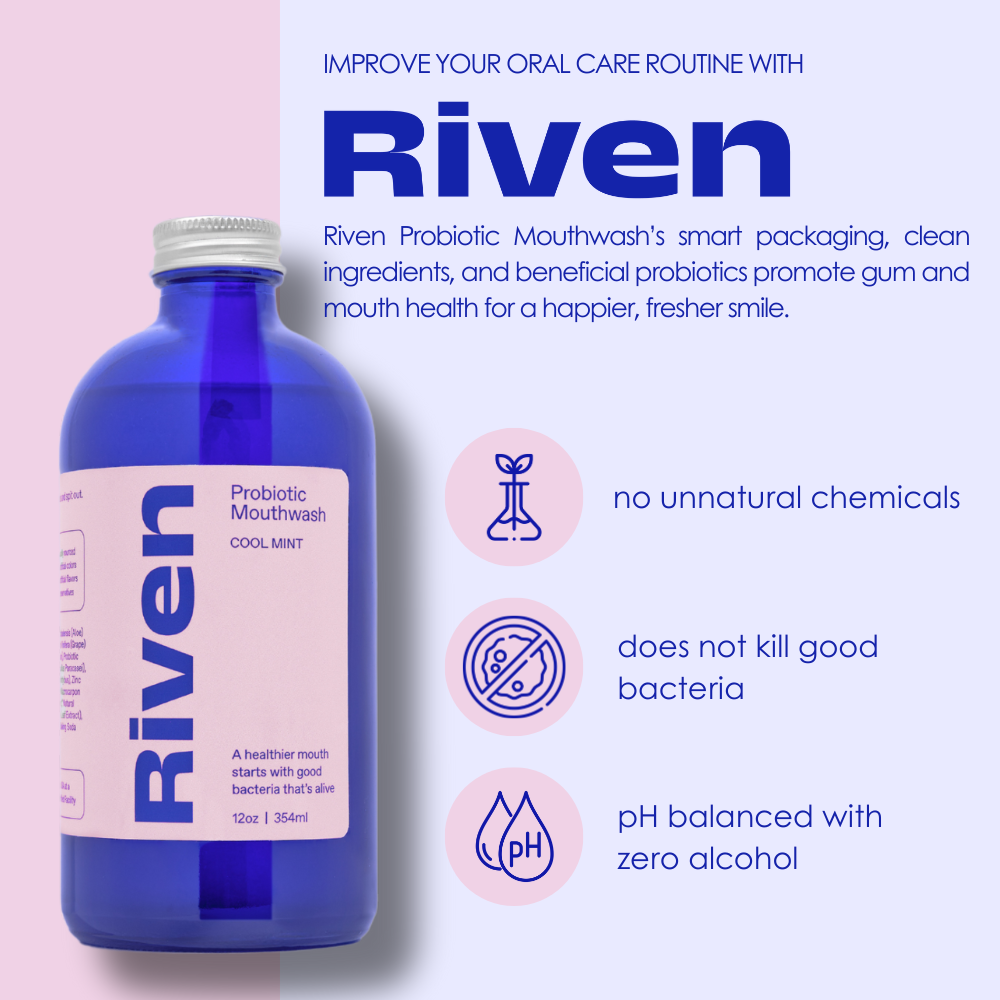Introduction: Maintaining good oral hygiene involves various practices, including brushing, flossing, and using mouthwash. While toothpaste and mouthwash are often used together, they serve distinct purposes in cleaning your mouth. We will examine the differences between mouthwash and toothpaste and explore how mouthwash cleans differently. We will also provide important considerations when choosing a mouthwash that promotes oral health.

Mouthwash and Bad Breath:
Traditionally, mouthwash has been associated with combating bad breath. It can help neutralize and fight sulfur compounds that cause malodor, providing refreshing and pleasant breath. However, it's important to note that mouthwash alone cannot eliminate the root cause of bad breath. Regular brushing and flossing play a crucial role in removing bacteria and food particles responsible for foul odors.
When considering the use of mouthwash for bad breath, it's essential to understand its limitations. Mouthwash is excellent for a quick fix, providing you with a burst of minty freshness. It can be a valuable addition to your morning routine, giving you the confidence of fresh breath as you start your day. However, it's not a long-term solution to persistent bad breath, also known as halitosis.
Halitosis often stems from deeper issues within the oral cavity or even beyond, including poor dental hygiene, gum disease, dry mouth, or underlying medical conditions. Using mouthwash as a mask for chronic bad breath is like putting a band-aid on a wound that requires stitches. While mouthwash can temporarily cover up the odor, addressing the underlying causes is crucial for lasting freshness.
Toothpaste is designed to remove plaque, bacteria, and food debris from the teeth and gums. Its main function is to physically clean the teeth while providing additional oral health benefits. Toothpaste contains mild abrasives that help scrub away plaque and surface stains, as well as fluoride or hydroxyapatite to strengthen tooth enamel and prevent cavities. Brushing with toothpaste also stimulates saliva production, which aids in the natural cleansing and remineralization process of the mouth.
In addition to its cleaning properties, toothpaste also comes in various formulations to address specific needs. You can find toothpaste for sensitive teeth, gum health, whitening, and more. Choosing the right toothpaste for your individual concerns can further enhance your oral care routine.
In summary, while mouthwash provides a quick fix for bad breath and can be a valuable addition to your daily routine, it should not be relied upon as a sole solution for chronic halitosis. Regular brushing with toothpaste remains the cornerstone of effective oral hygiene, as it not only cleans the teeth but also offers specific benefits tailored to your dental needs.
Mouthwash: A Different Approach to Cleaning
While toothpaste primarily focuses on physical cleaning, mouthwash offers a different approach to maintaining oral hygiene. The effectiveness of mouthwash depends on its ingredients and formulation. Here are key factors to consider when selecting a mouthwash:
pH Balance: Look for a mouthwash that is pH balanced to support a healthy oral environment. An ideal pH level close to neutral promotes the growth of beneficial bacteria while inhibiting the growth of harmful bacteria.
Alcohol-Free: Avoid alcohol-based mouthwashes, as they can disrupt the natural balance of bacteria in your mouth. Alcohol can cause dryness, increase the risk of oral cancer, and strip away essential nutrients from oral tissues.
Ingredients to Avoid: Steer clear of mouthwashes containing Sodium Lauryl Sulfate (SLS) and parabens. SLS can contribute to canker sores and strip away the protective lining of the mouth, while parabens have been associated with potential health risks.
Supporting Oral Health: Seek a mouthwash that nourishes and supports the overall health of your teeth and gums. Some advanced mouthwashes contain probiotics and prebiotics, which can help strengthen your oral microbiome. These beneficial microorganisms can enhance your mouth's natural defenses against harmful bacteria, promoting a healthier oral environment.
Probiotics in mouthwash can populate your mouth with "good" bacteria, which can help crowd out harmful bacteria and prevent their growth. Prebiotics act as food for these beneficial bacteria, encouraging their growth and activity.
Incorporating a mouthwash with probiotics and prebiotics into your oral care routine can contribute to a more balanced and resilient oral microbiome, potentially reducing the risk of issues like gum disease and cavities.
In summary, mouthwash, when chosen wisely, can complement your oral care routine by providing a different approach to cleaning and supporting overall oral health. By considering factors like pH balance, avoiding certain ingredients, and opting for products that promote a balanced oral microbiome, you can make informed choices that benefit your long-term oral hygiene.
Conclusion
Toothpaste and mouthwash play different roles in maintaining oral health. While toothpaste focuses on physical cleaning and strengthening tooth enamel, mouthwash, such as Riven, offers a complementary approach by addressing bad breath and promoting a healthy oral environment. Therefore, it is critical you brush with toothpaste and floss, and mouthwash cannot replace those steps. However, by incorporating both toothpaste and mouthwash into your daily routine, you can maximize the benefits of a comprehensive oral hygiene regimen and enjoy a healthier, fresher smile.





